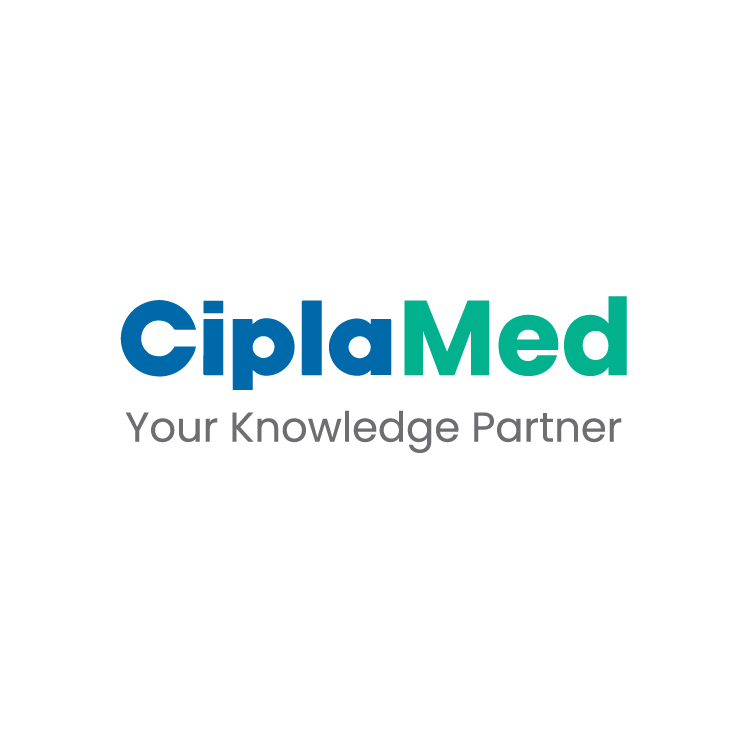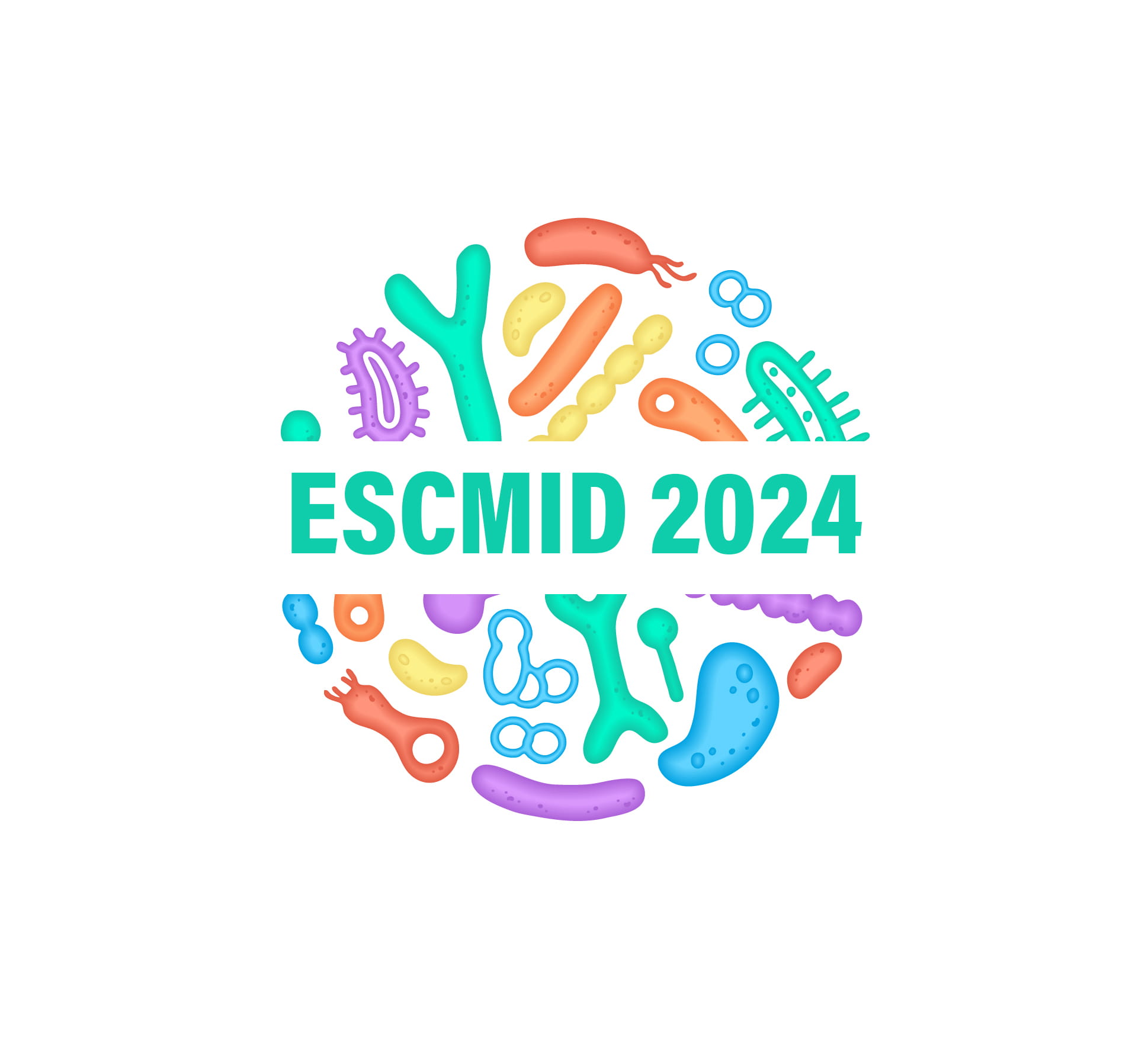AIDS 2024: Unmet Need for HPV Vaccination Among Men Who Have Sex with Men Living with and without HIV in San Francisco, 2023
Speaker: Paloma Lucia Ramirez
A 2023 study conducted in San Francisco identified a notable disparity in Human Papillomavirus (HPV) vaccination rates among gay men and men who have sex with men (MSM), irrespective of their Human Immunodeficiency Virus (HIV) status. The study revealed that less than 50% of MSM and gay men in the region are vaccinated against HPV. This gap was particularly concerning given that HPV vaccination was effective in preventing sexually transmitted infections (STIs) and anal cancer. These findings underscored the need for enhancement of vaccination strategies and to address the prevention of HPV transmission.
In 2006, the Food and Drug Administration (FDA) approved Gardasil 4 for girls, targeting HPV types 6, 11, 16, and 18 to prevent anal cancer. In 2011, guidelines recommended routine vaccination for boys, with catch-up vaccination up to age 21 for all men and up to age 26 for MSM. By 2018, HPV vaccination was established as a shared clinical decision, and in 2019, catch-up vaccination up to age 26 was implemented for all genders and sexual orientations. However, 64.5% of the United States (U.S.) male population was already above the catch-up age when boy vaccination began, which contributed to ongoing gaps in HPV vaccination coverage, especially among older MSM and those living with HIV. Gay men and MSM living with HIV have a 37-fold increased risk of developing anal cancer compared to the general population with HIV. In comparison, they have a three-fold increased risk of anal cancer relative to other gay men and MSM who are not HIV-positive.
Data were collected using time-location sampling and interviews, focusing on participants' demographic characteristics, sexual risk behaviors, preventive practices, access to healthcare, and HIV status. The study included individuals assigned male at birth who currently identify as male and had engaged in sexual activity with men in the past year. The results revealed that 92% of respondents identified as cisgender males, 87% as gay men, and most were ineligible for treatment based on existing guidelines. In 2011, HPV vaccination guidelines indicated that 91% of respondents had seen a healthcare provider within the last year, 96% had disclosed their sexual orientation to their healthcare provider, and about one-quarter were living with HIV. Among those who self-reported HPV vaccination, 45% recalled having been vaccinated, while 56% of individuals living with HIV did not recall receiving the vaccine. Vaccination coverage varied by age, with 74% of individuals aged 18-29 recalling vaccination compared to only 23% of those aged 50 years and older. Higher vaccination rates were associated with disclosing sexual orientation to healthcare providers and using pre-exposure prophylaxis (PrEP) in the past year.
The study highlighted that despite the elevated risk of HPV among gay men and MSM, vaccination rates remain insufficient. Specifically, fewer than half of those who received the vaccine did so by age 26, the recommended cutoff for catch-up vaccination. This gap was partly attributable to historical U.S. vaccination guidelines, which left 64% of the male population above the catch-up age. Additionally, the lack of clear recommendations for individuals older than 26 may further contribute to this disparity. Although most participants had seen healthcare providers who were aware of their risk, fewer than half of these individuals had received the HPV vaccine, reflecting a missed opportunity for vaccination, suggesting that integrating HPV vaccination into HIV prevention strategies could be beneficial. Nonetheless, the data indicate that living with HIV does not necessarily facilitate discussions about other preventive sexual health measures, as more than half of those living with HIV remain unvaccinated.
Hence, it was recommended to revise guidelines to endorse HPV vaccination for gay men and MSM across all ages, similar to the approach currently implemented in Australia. In the United Kingdom, catch-up vaccination was recommended up to the age of 45. Additionally, it was crucial to evaluate vaccination studies and HIV care practices to ensure proper vaccination status, preparedness, and integration into HIV prevention strategies. Evidence indicates that recommendations from healthcare providers are a significant predictor of vaccine uptake.
The 25th International AIDS conference (AIDS 2024). 22nd-26th July, Munich, Germany



